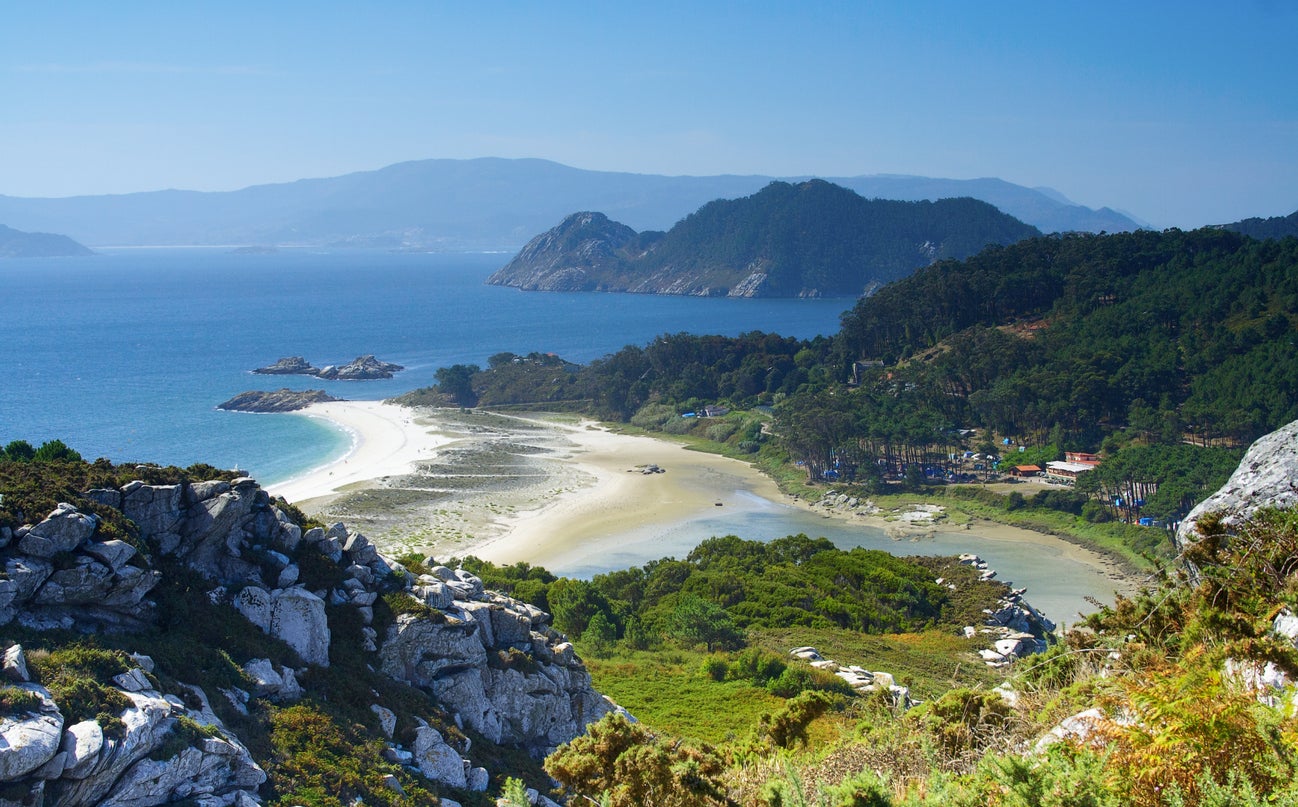Spanish beach town to fine tourists £645 for urinating in the sea
Local authorities did not say how they planned to enforce the rule

Your support helps us to tell the story
From reproductive rights to climate change to Big Tech, The Independent is on the ground when the story is developing. Whether it's investigating the financials of Elon Musk's pro-Trump PAC or producing our latest documentary, 'The A Word', which shines a light on the American women fighting for reproductive rights, we know how important it is to parse out the facts from the messaging.
At such a critical moment in US history, we need reporters on the ground. Your donation allows us to keep sending journalists to speak to both sides of the story.
The Independent is trusted by Americans across the entire political spectrum. And unlike many other quality news outlets, we choose not to lock Americans out of our reporting and analysis with paywalls. We believe quality journalism should be available to everyone, paid for by those who can afford it.
Your support makes all the difference.A Spanish city is set to fine tourists £645 if they are caught urinating in the sea.
The city council in Vigo, Galicia, has passed legislation banning “physiological evacuation on the beach or in the sea”, slapping a fine of €750 (£645) on anyone caught short while in the shallows.
Under the new rules, public urination in beach areas has been made a “minor infraction” and “an infringement of hygiene and sanitary regulations”.
The council has not clarified how they plan to enforce the rule or monitor swimmers and paddlers on local beaches, though it has said it will also install public toilets on the city beach as another measure to combat “sea wees”.
In the same move, Vigo council banned the use of soaps and shampoos in the sea, as well as washing cooking utensils in sea water.
It’s not the first coastal city in Spain to impose such a ban - in 2017, San Pedro del Pinatar in Murcia, southeastern Spain, banned urination in the sea, as well as nude sunbathing, bat and ball games and reserving beach space with a towel.
Holidaymakers falling foul of the nudity rules in San Pedro can also face €750 fines.
Meanwhile, lighting a disposable barbecue on the same beach could land you a fine of as much as €1,500 (£1,289).
Spain is cracking down on drunk, disorderly and inappropriately dressed tourists in general this year, with some local authorities singling out British tourists as part of the problem.
Last week a group of restaurants on the popular holiday island of Mallorca announced a ban on tourists wearing certain clothes associated with “drunken tourism”.
Eleven venues associated with the Palma Beach brand in the party resort of Playa de Palma have created a new dress code, which prohibits football strips and boob tube tops.
Swimwear, trunks and novelty accessories bought from roadside vendors - such as glow-in-the-dark hats and gold chains - are also forbidden, as is clothing with the logo of businesses which promote drinking.
Meanwhile in May, tour operator Thomas Cook warned customers heading for Spain’s Balearic Islands this summer that “all inclusive” no longer means “unlimited drinks”.
In a statement to holidaymakers, the company highlighted a recent law imposed by the Balearic Government, which limits all inclusive guests in certain hotels to just six alcoholic drinks per day, provided only during lunch and dinner service.
Join our commenting forum
Join thought-provoking conversations, follow other Independent readers and see their replies
Comments